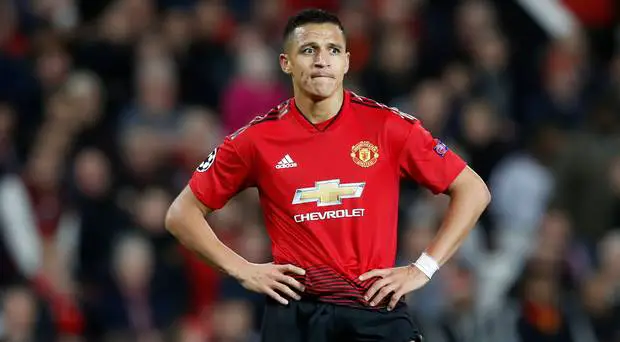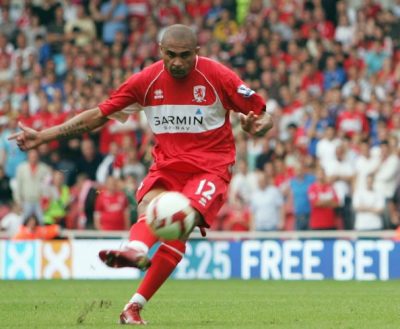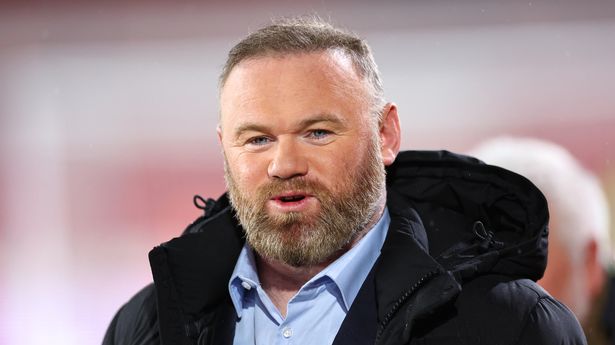For a manager in the English Premier League, the regular decision-making process around buying players during the transfer window isn’t an easy or pleasant process. It can all be something of a gamble for a manager, almost like trying to correctly predict results when online sports betting NJ. Unfortunately, decisions about which players to buy and sell can quickly prove to be wrong, especially if a footballer who is far too expensive is purchased and turns out to not be so great. This happens surprisingly more often than one might think, too. This article will explore the history of this phenomenon and look at some stories of players who were hired and then turned out to be white elephants.
Related: Chelsea Boss Lampard Lavishes Praise On Abraham
Alfonso Alves, Middlesbrough
The tale of Alfonso Alves explains exactly why it’s important for managers not to rely on the back story of a player – especially if they are coming from abroad, and an environment which could well be different to the footballing environment in the UK. Boro paid a whopping £13 million for Alves, and with good reason: when he was part of the team at FC Utrecht in the Netherlands he was scoring over a hundred goals in around half as many games. But when he signed up to the side in England’s north east, he only scored one in four – leading to a real disappointment.
Bosko Balaban, Aston Villa
When striker Bosko Balaban was moved from Dinamo Zagreb to Aston Villa, he was widely touted as a top scorer who could really turn the side’s offense around. Doug Ellis, who was the club’s chair at the time and who was well known for not flashing the cash, clearly agreed – and £5.8 million was paid for the privilege of having the player on the team. But things quickly started to go sour, and the side ended up barely putting him forward to play games. He was confined to the benches for most of his short career at the club, and then he was loaned to other sides from that moment on. Perhaps there was something in the water in the English midlands, though his time at Villa was largely a blip, and when he was snapped up by a club in Belgium he re-activated his previous skills and had a largely successful career once again.
Alexis Sanchez, Manchester United
Sanchez’s spell at Manchester United has long since been a source of concern for the side. When he first moved up north from London side Arsenal, he was expected by pundits to be a top goal scorer. However, he ended up scoring only five across more than 40 performances for the side. He was later beset by injury worries, too. And the worst part for United’s managers, shareholders, and fans? He was widely believed to be the side’s most expensive player at the time, too – leading to accusations that he simply was not good value for money.
Related: Wenger Admits Arsenal Dealing With Losing ‘Great Player In Sanchez’, Hails Team’s Win Vs Chelsea
Roberto Soldado, Spurs
Mention the name “Soldado” in any Spurs context and you’re likely to be greeted with a look of suspicion. This player was signed for almost £30 million, and he was widely expected to deliver some excellent goals for the side. However, this did not come to fruition. He ended up managing to score only seven times in a total of 45 matches for the side, which represented one of the worst monetary cost to goal ratios in the side’s history.
Per Kroldrup, Everton
In some cases, however, clubs pull back from their decisions at a very early stage. This is what happened in the case of Per Kroldrup: he was bought for £5 million from Italian Serie A side Udinese. However, once he arrived at Goodison Park he was quickly identified in training as not a particularly talented player – and he was later released from the club’s service after just one game.
While successful football managers are seen by many as heroes, the job is much harder than it looks in a lot of ways. The career of a Premier League manager can depend heavily on the outcome of decisions relating to the purchasing of players – and as the stories of Alexis Sanchez, Roberta Soldado and others go to show, deciding to buy a player who turns out to be a white elephant can be a real problem. By using these stories as cautionary tales, future managers and Premier League decision-makers can give themselves the best possible chance of avoiding the opprobrium associated with making unsound hiring decisions.










